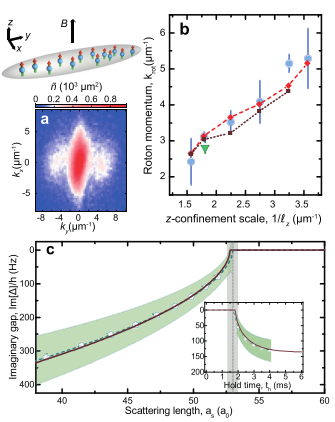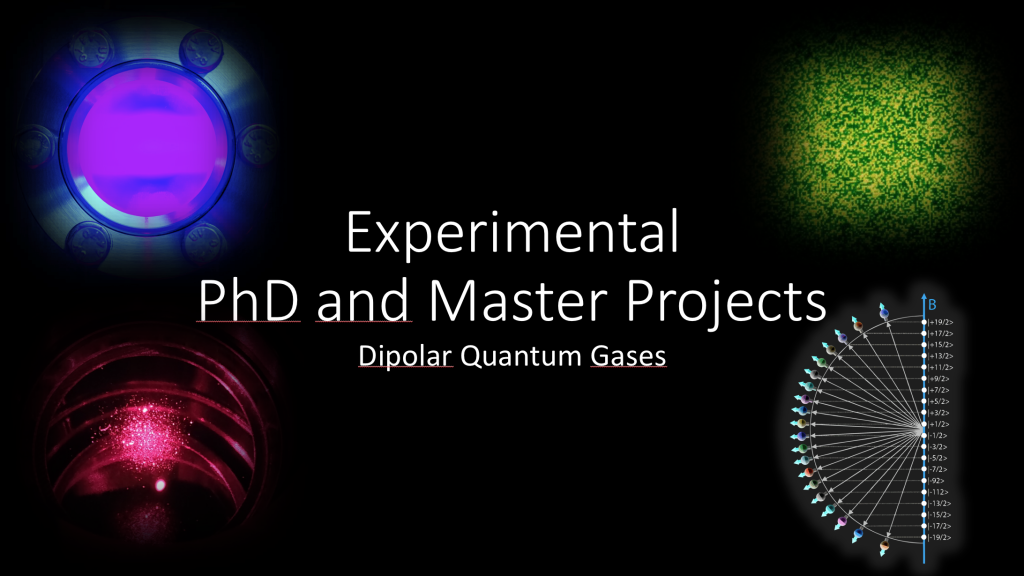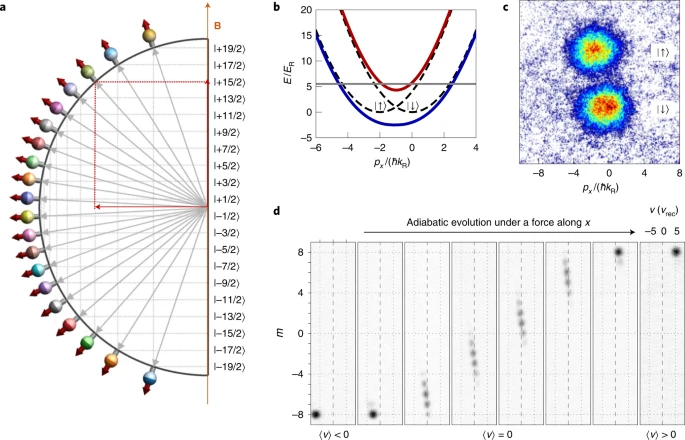Read our latest paper published on arxiv!
We present a quantitative investigation of one- and two-body light-mediated processes that occur to few erbium atoms in an optical tweezer, when exposed to near-resonant light. Using our ultrafast imaging technique with blue light, we are able to track the in-tweezer population dynamics during light-assisted collision and cooling processes.
To gain deeper insights into the underlying physics, we develop and implement a Monte Carlo algorithm that simulates the coupled dynamics of the atoms’ internal and external degrees of freedom. After validating our theoretical model against experimental data, we use its predictive capabilities to guide our experimental design. In particular, we examine how different erbium transitions influence light-assisted collisions, with a focus on optimizing their efficiency and reliability for preparing single atoms.





